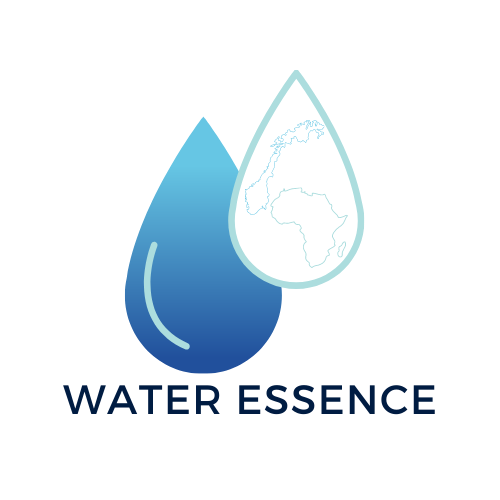
Water Essence
The project “Water ESSENCE Africa Water ESSENCE Africa - creating synergy to meet the global challenges” addresses the challenges related to unevenly distributed freshwater. The situation is becoming even more challenging with the increasing population and urbanisation, unsustainable use of water and escalating impacts of climate change. The project addresses these challenges through a matrix of three vertical cross-disciplinary issues on health, climate change, and energy, and two horizontal topics: gender equality, and digitalisation of education. The project has evolved from NORHED I project WaSo Africa.
Project’s particular importance
The value of water comes out through its direct and indirect role in the production of goods and services, including drinking water, food, energy, health protection and education, mining and industrial manufacturing, waste treatment, environmental protection, and many others. The World Economic Forum has put Water as the number one priority on a world scale and puts water shortage as one of the greatest threats to sustainable development.
Project goals
The overall objective is to co-develop, improve and retain the skills, knowledge, tools and other resources needed for the education of higher quality graduates of water-related study programmes, conducting more and higher quality water research, and increasing inclusiveness of the partner universities. While the most needs and the outcomes are common to the whole of Africa, the project will demonstrate a systematic approach to medium and long term solutions through eight universities from six African sub-Saharan countries (Kenya, Uganda, Ethiopia, South Sudan, Rwanda and Ghana) and two Norwegian universities (UiB and NMBU).
Relevant SDGs in project
The Water ESSENCE project focuses on topics with high relevance for the 2030 Agenda and the SDGs with implications for development: education, water, life on land, energy, health, urban development, and organizational/political leadership and collaboration as conceived by the 17 goals. A number of goals are selected for the purpose of analysing how they improve the conditions for realizing other goals, but also how they may be detrimental if pursued without an understanding of the wholeness and interconnectedness between the goals. For example, SDG 6: “Ensure availability and sustainable management of water and sanitation for all”. This goal shows a high degree of synergy with poverty, agriculture, greening and recycling of industry, cleaner cities not to mentions the importance for SDG2 (Zero Hunger), SDG3 (Good Health), SDG5 (Gender Equality) or SDG10 (Reduced inequality) and SDG17 on partnerships and cooperation.
Partner institutions
Addis Ababa University, University of Ghana,
University for Development Studies, University of Nairobi,
Machakos University,
University of Rwanda,
University of Juba,
Makerere University,
Norwegian University of Life Sciences (NMBU),
University of Bergen (UiB)

